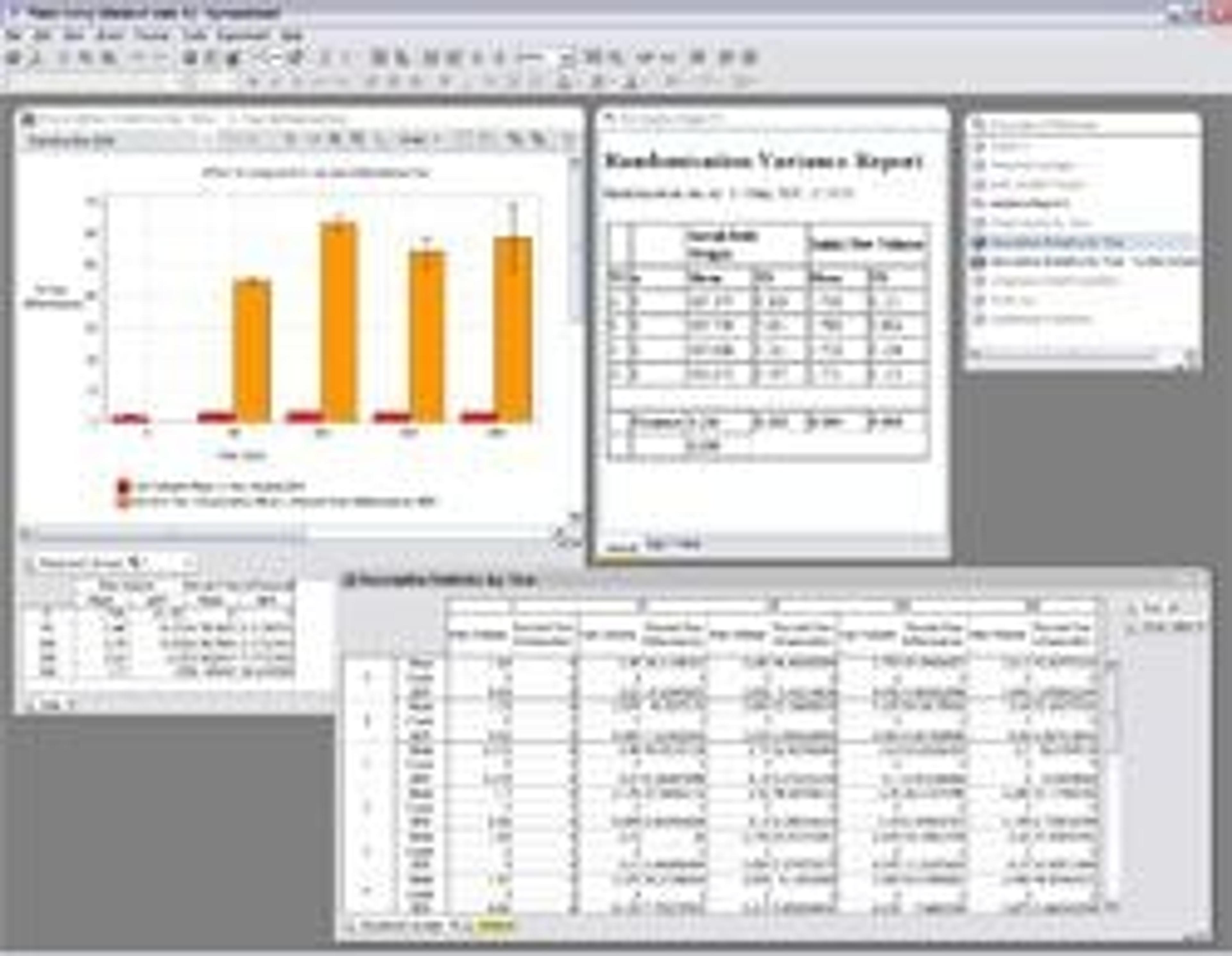Global biopharmaceutical leader UCB selects IDBS’ BioBook for DMPK and Pharmacology
11 Feb 2008IDBS today announced that the global biopharmaceutical company UCB has licensed BioBook to be deployed across multiple European sites for DMPK (Drug Metabolism and Pharmacokinetics) and pharmacology.
UCB focuses on developing breakthrough treatments for severe diseases within selected therapeutic areas such as neurological disorders, inflammatory diseases and oncology. UCB, which transformed into a pure biopharma during 2005, required a complete solution for managing late stage biological research data. The decision to invest in BioBook was based on the product’s flexible structure and its ability to capture complex data in one application, eliminating transcription errors and providing a better quality of data.
Hector Sanchez, Senior Director R&D Informatics, UCB, commented: “IDBS’ ActivityBase is our company repository primarily for all our screening data. However, for DMPK and pharmacology we required a solution that would capture both structured and unstructured data which is why we selected BioBook for these disciplines. This combination of IDBS products gives us the best of both worlds and provides a complete view on our data, reducing experiment duplication, sharing data across the organization and freeing scientists from report creation, giving them back vital research hours.”
Neil Kipling, founder and CEO of IDBS, commented: “Because of the types of data captured during DMPK and pharmacology studies, these critical research areas are often neglected by other informatics providers. Many data management solutions are not specific or flexible enough to handle this complex data. IDBS recognized this problem and therefore developed BioBook which provides a tool specifically designed with the needs of these therapeutic areas in mind.” He added: “BioBook delivers the benefits of IP protection, workflow support, compliance and enhanced report generation, as well as offering specific functionality for the biologist.”

